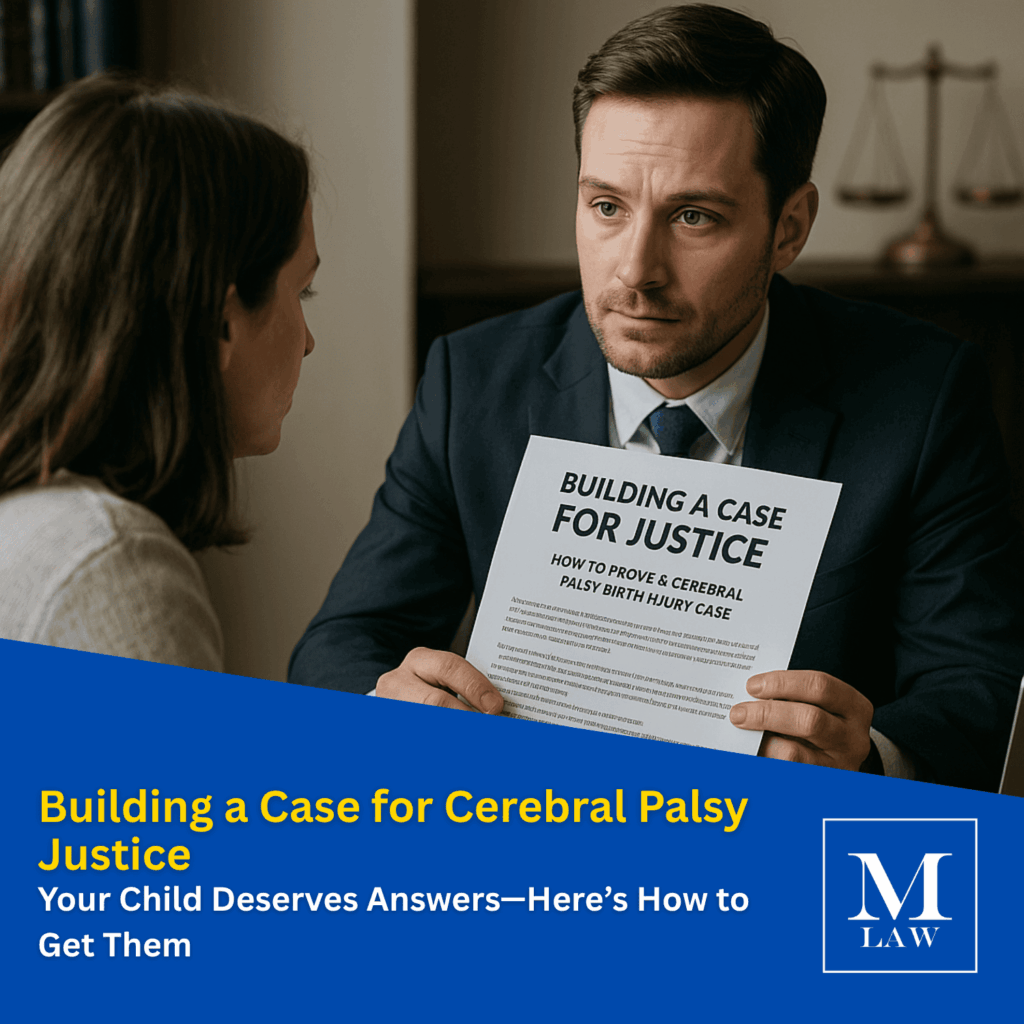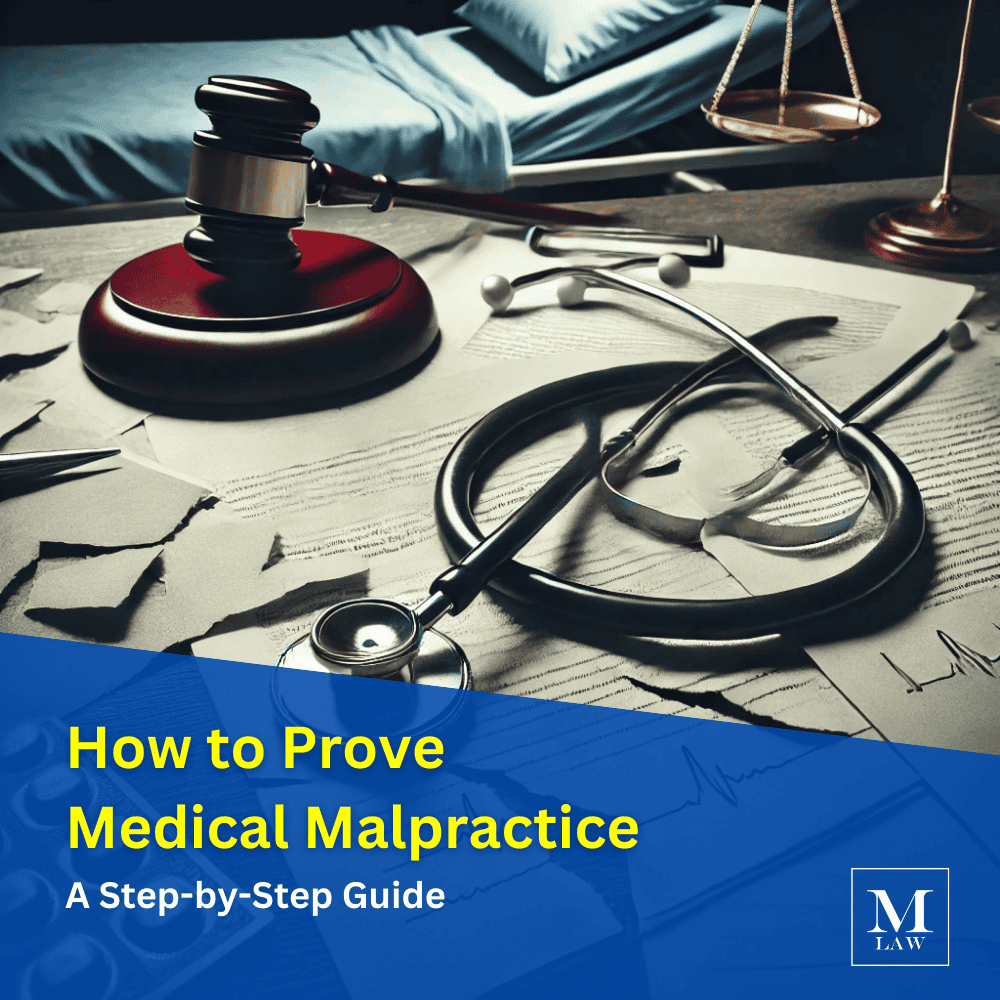Surgery is a complex and precise medical procedure that demands utmost attention and adherence to protocols. However, there are rare instances where surgical errors occur, including one particularly alarming type called wrong-site surgery.
Wrong-site surgery refers to a surgical procedure performed on the incorrect part of the body or the wrong patient altogether. In this blog post, we will explore the concept of wrong-site surgery, its potential causes, the impact on patients, and the measures taken to prevent such errors.
Understanding Wrong-Site Surgery
Wrong-site surgery is considered a “never event” in healthcare, meaning it should never occur if proper precautions and protocols are followed. It can encompass a range of errors, including operating on the wrong side or level of the body, performing an incorrect procedure, or even operating on the wrong patient entirely. Despite its rarity, wrong-site surgery can have devastating consequences for patients, resulting in physical harm, emotional distress, and a loss of trust in the healthcare system.
Causes and Contributing Factors
Several factors can contribute to wrong-site surgery, often involving a combination of human errors and systemic issues. Some common causes include:
- Miscommunication: Inadequate or unclear communication between surgical team members regarding the intended procedure, patient, or site can lead to confusion and errors.
- Lack of verification processes: Failure to implement proper verification procedures, such as surgical site marking or time-outs before surgery, increases the risk of operating on the wrong site.
- Inadequate documentation and record-keeping: Poor documentation practices can lead to incorrect patient identification or confusion regarding the surgical site.
- Fatigue and stress: Healthcare professionals working long hours under stressful conditions may experience cognitive fatigue, impairing their decision-making and attention to detail.
- Systemic issues: Flaws in the surgical workflow, including poor preoperative planning, inefficient scheduling, or inadequate staff training, can contribute to wrong-site surgeries.
Preventing Wrong-Site Surgery
Preventing wrong-site surgery requires a multifaceted approach that involves individuals, healthcare organizations, and systemic changes. Some essential preventive measures include:
- Universal protocol compliance: The implementation of the World Health Organization’s Surgical Safety Checklist, including preoperative verification, surgical site marking, and a time-out before incision, promotes effective communication and helps reduce errors.
- Open communication and teamwork: Encouraging a culture of open communication among surgical team members fosters collaboration and reduces the likelihood of miscommunication.
- Patient involvement: Engaging patients in the surgical process, including verifying their identity and the intended procedure, helps ensure active participation and provides an additional layer of safety.
- Improved documentation and record-keeping: Accurate and detailed documentation of patient information, surgical plans, and site markings helps minimize confusion and enhances surgical safety.
- Training and education: Regular training programs on surgical safety protocols and effective communication techniques can enhance awareness and reduce the risk of errors.
- Continuous quality improvement: Regular analysis of surgical errors, near misses, and adverse events enables healthcare organizations to identify areas for improvement and implement corrective measures.
Wrong-site surgery is a deeply concerning occurrence that can have significant physical, emotional, and psychological consequences for patients. While such events are rare, healthcare professionals and organizations must remain committed to the principles of patient safety, effective communication, and adherence to established protocols.
If you were the victim of a wrong-site surgery, you may be entitled to significant financial compensation. Find out if you have a case by contacting Merson Law PLLC. Fill out our contact form or give us a call today.








